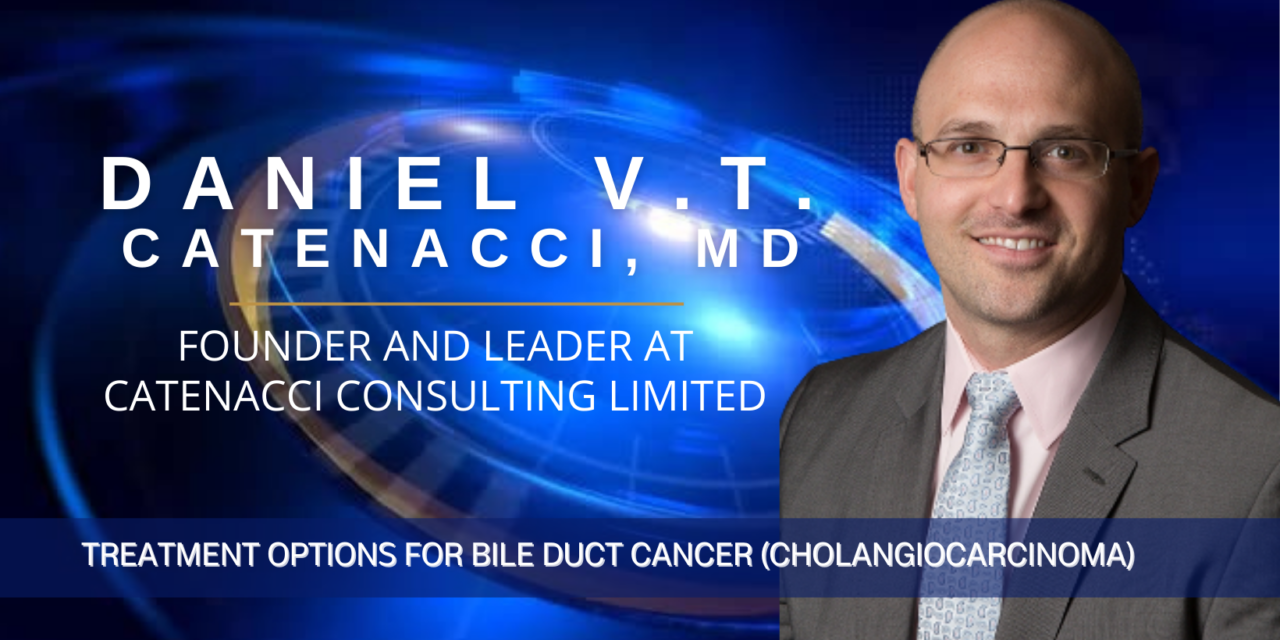Bile duct cancer, also known as cholangiocarcinoma, is a rare type of cancer that affects the bile ducts, which are tubes that carry bile from the liver to the small intestine. It is estimated that approximately 8,000 people in the United States are diagnosed with this form of cancer each year, which can be difficult to treat. Knowing what treatment options are available and how they may be able to help can help you make an informed decision.
Surgery
Surgery is one of the most common treatments for bile duct cancer. During surgery, doctors remove any tumors or affected body parts, including lymph nodes and surrounding tissue. Depending on where the tumor is located and how advanced it is, doctors may recommend partial or full removal of the gall bladder or bile ducts. Sometimes, a procedure known as liver transplantation may be necessary to remove larger tumors or if there is evidence of spread throughout other parts of the body.
Chemotherapy
Chemotherapy uses medications to kill cancer cells and shrink tumors. These medications are usually administered intravenously or orally and can help reduce pain and slow down tumor growth. When used in conjunction with surgery, chemotherapy can also reduce the likelihood that remaining cancer cells will spread elsewhere in the body. Chemotherapy may cause side effects such as nausea, fatigue, hair loss, and decreased appetite. Hence, it’s important to discuss all risks associated with these medications with your doctor before beginning treatment.
Radiation Therapy
Radiation therapy uses high-energy X-rays beams targeted at specific areas within the body where cancer cells are present. This treatment damages DNA within these cells so they cannot grow or replicate themselves, eventually leading to their death. Radiation therapy is typically used with other treatments, such as chemotherapy or surgery but can also be used alone, depending on individual circumstances. Common side effects include skin irritation, fatigue, nausea, loss of appetite, and diarrhea. Again, discussing all risks associated with this treatment option is important before beginning radiation therapy sessions.
Bile duct cancer (cholangiocarcinoma) is a rare yet serious form of cancer that requires careful consideration when deciding on a course of action for treatment. Surgery, chemotherapy, and radiation therapy are all potential options depending on individual circumstances; however, it’s important to speak with your doctor about all risks associated with each option before making any decisions regarding your care plan moving forward into 2021! Take charge today by learning more about your diagnosis and understanding what options you have available when it comes to treating bile duct cancer (cholangiocarcinoma).




